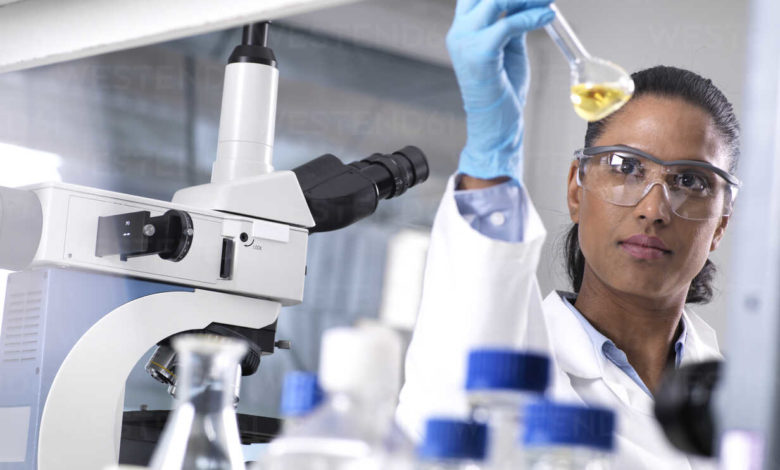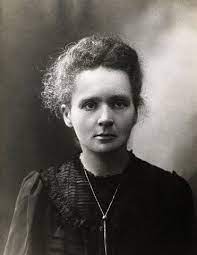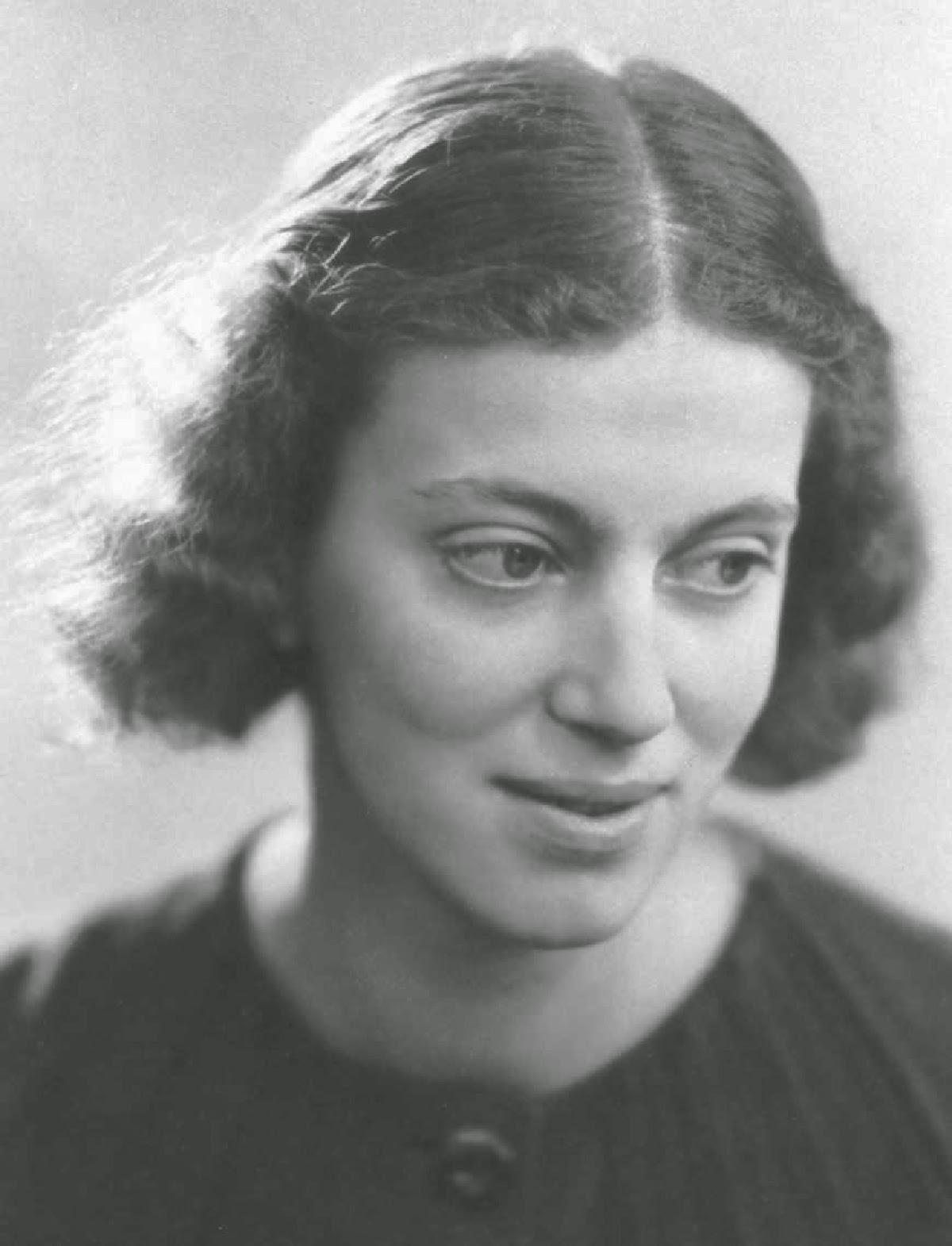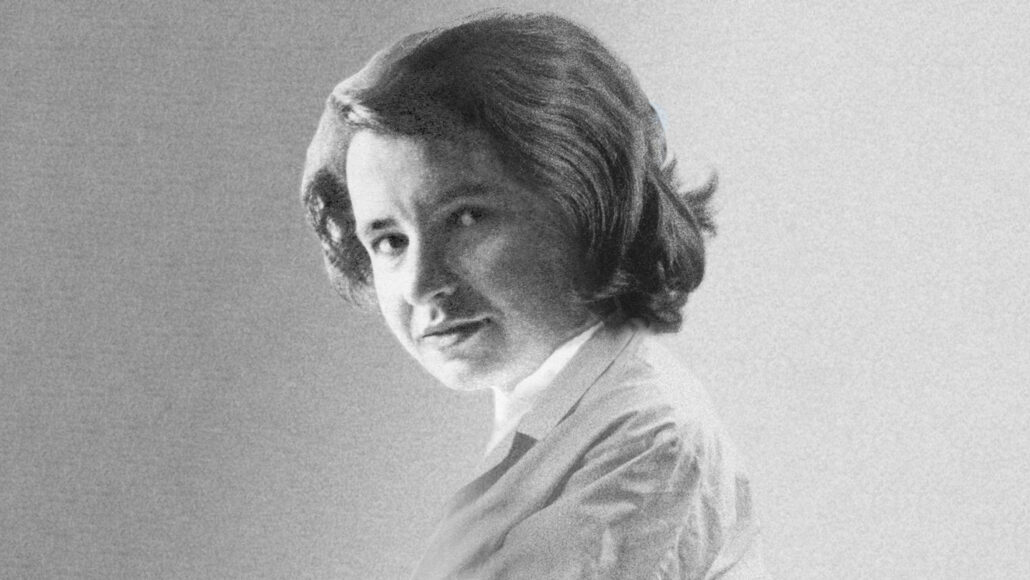The hand that rocks the cradle to the laboratory
Chinthana Wijayawardhana - Arthur C. Clarke Institute for Modern Technologies

Even though women inherited responsibilities such as giving birth to children, feeding them, looking after them, and showing the children the correct path to create them as moral citizens in society, in this current competitive society, women are contributing immensely to society beyond these tasks.
Most intellectuals believe that even though present-day women demand gender equality, they cannot achieve this status because they are merely women and their way is covered by a glass ceiling. A good example was heard recently in America in the speech by Mrs. Hilary Clinton after defeating the election. In her speech, she said that “the glass ceiling around the women is cracked by my assault, and in the future, the women will break this.”
From ancient times to date, males have dominated many fields. Even though women tend to become the first chair in many fields, their motivation for scientific fields is very limited. If we look at the total number of Nobel Prize winners, the percentage of female scientists who focused on scientific research is very low. It does not exceed 4%. It is a very clear fact that, if we search for photographs of great scientists from history, female characters are almost absent. The fact that Marie Curie is the only Scientist who can be seen even in many photographs of world winning Scientists such as Albert Einstein, who is considered the greatest Scientists of the twentieth century, testifies to the rarity of women entering the field of science. However, there are some female scientists who have overcome this challenge; some of them are mentioned below.
 Mary Curie entered history as the first female scientist to win the Nobel Prize for the first time (1903). She is a historic figure, having been able to achieve the Nobel Prize for both Chemistry and Physics for discovering radiation.
Mary Curie entered history as the first female scientist to win the Nobel Prize for the first time (1903). She is a historic figure, having been able to achieve the Nobel Prize for both Chemistry and Physics for discovering radiation.
 The British scientist Mrs. Dorothy Mary Hodgkin was historically recognized for identifying the bio-molecular structures using X-ray, defining the structure of Penicillin and Insulin, and discovering the complete structure of vitamin B-12. She was awarded the Nobel Prize in 1964 for her great service to Chemistry.
The British scientist Mrs. Dorothy Mary Hodgkin was historically recognized for identifying the bio-molecular structures using X-ray, defining the structure of Penicillin and Insulin, and discovering the complete structure of vitamin B-12. She was awarded the Nobel Prize in 1964 for her great service to Chemistry.
 The British scientist Dr. Rosalind Franklin’ is recognized for discovering the molecular structure of DNA and the structure of viruses. But unfortunately, she was not recognized during her lifetime.
The British scientist Dr. Rosalind Franklin’ is recognized for discovering the molecular structure of DNA and the structure of viruses. But unfortunately, she was not recognized during her lifetime.
 Maria Mayer, an American physicist, did experiments to develop the atomic model (the nuclear shell model of the atomic nucleus) and laser rays. She was the second woman to win the Nobel Prize for Physics in 1963.
Maria Mayer, an American physicist, did experiments to develop the atomic model (the nuclear shell model of the atomic nucleus) and laser rays. She was the second woman to win the Nobel Prize for Physics in 1963.
These female scientists were competent to win the Nobel Prize for the great service they delivered to the world. Even though at present there is a trend to motivate more women to participate in laboratory experiments, their research and innovations are not practically applied, and they also lack recognition for their service.
They should be motivated and receive due recognition. Through such motivations, more and more women will focus on this field. However, there are some women who improved their skills through academic backgrounds, deviating from traditional works that were inherited by them as women and delivering a beneficial service to the world by engaging in various research projects.
There are some female doctors bestowed with the task of carrying out research on various diseases and epidemics that affect human life and engaging in some environmental activities.
Among these scientists, Alice Augusta Ball discovered the vaccine for leprosy, the American geneticist Nettie Stevens discovered the sex chromosomes, and the first Sri Lankan lady professor of medicine, Professor Priyani Soyza, worked hard to eradicate polio from Sri Lanka and made a voice against giving substitutes for breast milk. Sri Lankan scientist Dr. Asha De Vos is among the most prominent 100 women in the world (BBC 100 Women 2018) for her inspiring research on Wales.
As it is necessary to concentrate on research to emerge as scientists beneficial to the world among Sri Lankan women to deliver a great service for the better future of human beings, we invite educated, inspired women to step into the field of research.



